T4EU PhD Tracks
A doctoral project with an international aspect!

About
T4EU PhD Tracks is a unique opportunity to broaden scientific horizons and an advanced path for educating doctoral students as part of the Transform4Europe consortium of European universities.
The individual PhD track is a doctoral project conducted at the home university, where the student works with a supervisor. The student attends part of his/her doctoral education at one of the T4EU universities, where he/she collaborates with an advisor. Therefore, PhD students accepted for projects under T4EU PhD Tracks will carry out research with the support of the supervisor and advisor.
The PhD research theme should be related to prioritized T4EU focus topics:
- Digital Transformation and Smart Regions – revolves around leveraging digital technologies to improve infrastructure, sustainability, and quality of life. A key aspect is the integration of advanced technologies with urban and regional development;
- Environmental Transformation and Sustainable Development – focuses on the efficient use of resources and reducing environmental impacts through technology, innovation and ecological awareness. They concentrate on combating climate change, protecting biodiversity, and promoting a circular economy for a greener future;
- Social Transformation, Community Building and Integration – focus on creating inclusive, equitable, and resilient communities through policy, technology, and cultural shifts. It aims to enhance social cohesion, accessibility, and opportunities for all individuals, regardless of background.
Formal frames
- The theme of the research has to be involved in one of the three optional challenge-based T4EU modules.
- At the Alliance Universities, choose the advisor who takes part in the education of a doctoral student.
- The tasks of the supervisor and advisor depend on the research project. Collaboration should focus on discussions, solving the project problems, and discussing certain aspects and the main goals of the research and thesis.
- The PhD students could be invited by an advisor to participate in the courses or lectures or attend a conference (one of the mobility aspects of PhD Tracks). Organising mobility and its costs always fall under the university budget for the PhD student. The doctoral students engaged in PhD Tracks will be taught according to the same educational programme as the rest at Alma Mater University. Their international activities will be recognized as selected duties from the educational programme.
- T4EU Universities possess the T4EU PhD Tracks coordinator
- There will be a certificate given to each PhD student at the end of their education.
Advisors and their role
An advisor is an academic teacher of one of T4EU universities, and holds at least a PhD degree. The advisor may represent the same or another academic discipline as the PhD candidate.
Advisors are partners of a supervisor who take part in the education of a doctoral student. They are ancillaries of the supervisor, more akin to a tutor or mentor who supports the PhD candidate in scientific aspects of their research and development. The role of the advisor is to provide guidance and support in selected aspects of the candidate’s research.

Students and their PhD research
Candidates accepted for projects under T4EU PhD Tracks are doctoral students at their home universities, but they carry out some of their tasks at the partner universities of the Transform4Europe consortium, under the supervision of the so-called advisors – researchers from these universities, who support the doctoral student and the supervisor in the preparation of the doctoral dissertation.
Meet the PhD Tracks students
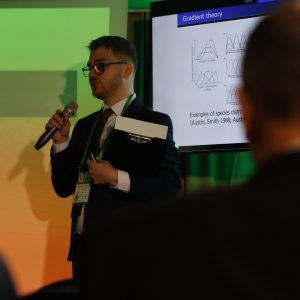
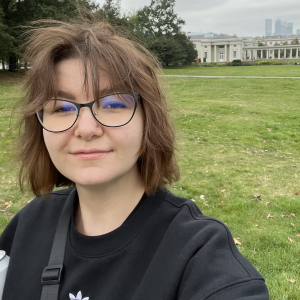


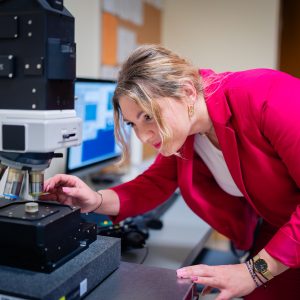
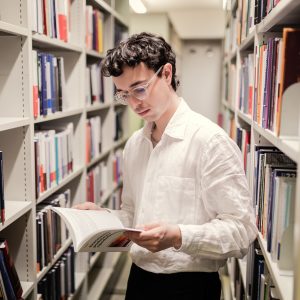
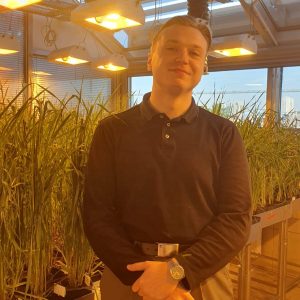
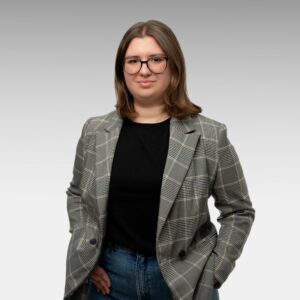
Coordinators
- Saarland University (Germany)
Anna-Maria Braun, anna-maria.braun@uni-saarland.de
- University of Alicante (Spain)
Fernando Prados Martinez, secret.eidua@ua.es
- Estonian Academy of Arts (Estonia)
Irene Hütsi, irene.hutsi@artun.ee
- Universidade Católica Portuguesa (Portugal)
Ana Fabiola Mauricio, fabiola.mauricio@ucp.pt
- University of Primorska (Slovenia)
Štefko Miklavič, stefko.miklavic@upr.si
- Jean Monnet University (France)
Jessica Stark, jessica.stark@univ-st-etienne.fr
- University of Silesia in Katowice (Poland)
Magdalena Pacwa-Płociniczak,
magdalena.pacwa-plociniczak@us.edu.pl
- University of “St. Kliment Ohridski” (Bulgaria)
Deyana Andonova, deyana_andonova@admin.uni-sofia.bg
- University of Trieste (Italy)
Francesco Pauli, francesco.pauli@deams.units.it
- Vytautas Magnus University (Lithuania)
Viktorija Kavaliauskaitė-Vilkinienė,
viktorija.kavaliauskaite-vilkiniene@vdu.lt


